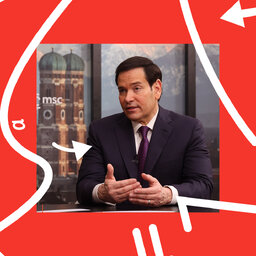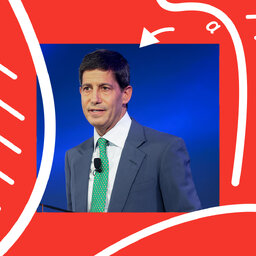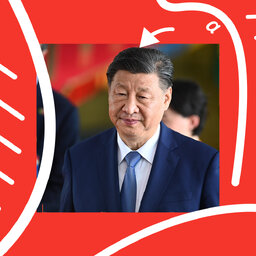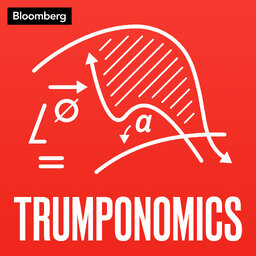Bad actors using machine-learning, generative artificial intelligence and the power of digital networks are seeding ever-more distrust in democracy, warns Audrey Tang, former digital affairs minister for Taiwan. Tang joins this week’s episode of Voternomics to discuss the risk of foreign interference in the many elections happening around the world, as well as lessons learned while combating efforts to distort the political debate in Taiwan.
Plus, Bloomberg political correspondent Nancy Cook discusses the latest Bloomberg News/Morning Consult polling which reveals the unease voters feel around the US election—from misinformation to political violence and foreign interference.
In 1 playlist(s)
Trumponomics
Tariffs, crypto, deregulation, tax cuts, protectionism, are just some of the things back on the tabl…Social links
Follow podcast
Recent clips

What Munich Means for the Shifting Global Order
28:47

Understanding Kevin Warsh's Plan for the Fed
31:28

How Trump’s Year of Disruption Has Only Helped China
27:24
 Trumponomics
Trumponomics